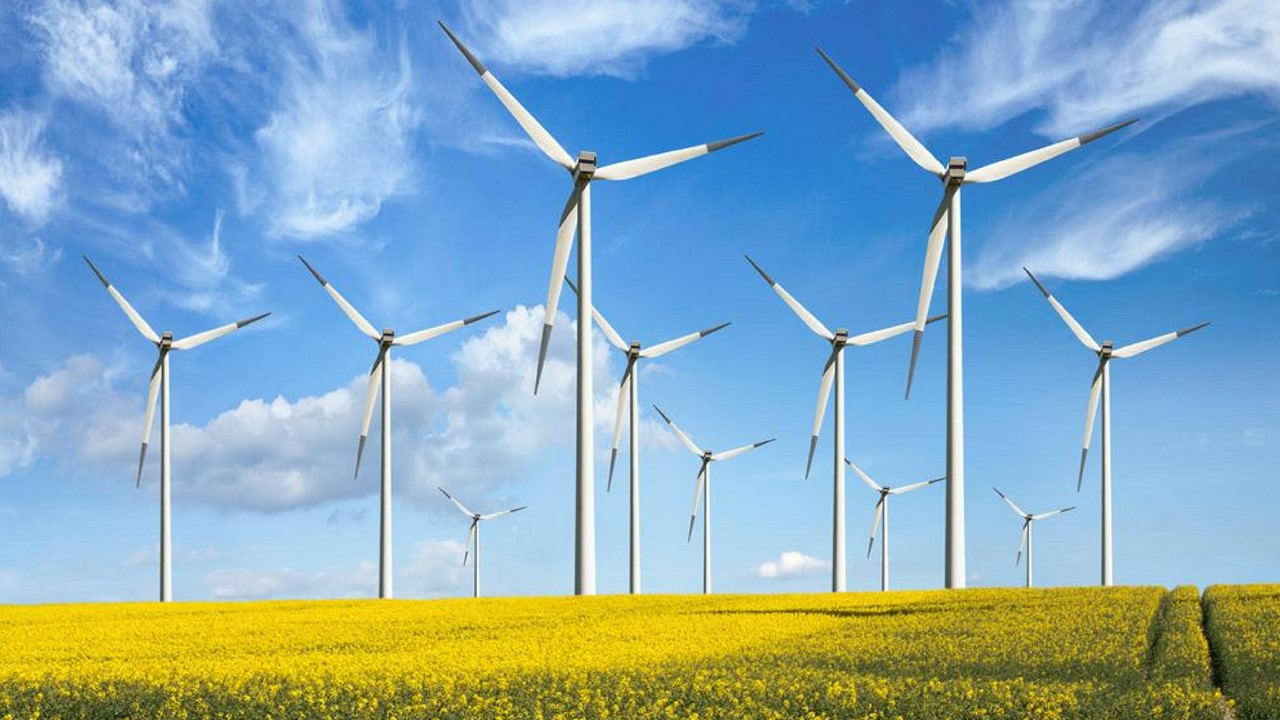Paris Interdisciplinary Energy Research Institute – LIED

Présentation
Paris Interdisciplinary Energy Research Institute debates over energy sourcing and climate protection have led to widespread interest in a coming energy transition. The PIERI has been conceived in this context of continuous growth in world energy demand and pressing environmental concerns, notably climate change.
Although the need for concerted action is widely acknowledged, research in these fields is mostly conducted on a fragmented, mono-disciplinary basis. The aim of the PIERI is to bring together researchers from sciences, technologies and the social sciences – drawn from both the public and private sectors – into a single, federative structure. Its objectives are to develop interdisciplinary perspectives on energy issues, to nurture fundamental discoveries on energy sourcing, to develop empirical applications, to promote knowledge transfer to companies, to understand societal impacts and to inform policy-making processes.
Inscription à l’IED
Researchers wishing to discuss collaborative projects are encouraged to get in touch using the following email address: lied-pieri@univ-paris-diderot.fr
Thèmes de recherche
The LIED and its international network PIERI (Paris Interdisciplinary Energy Research Institute) have been launched in the context of increased worldwide demands in energy in the face of environmental concerns, i.e. sustainable resources and impact on the climate.
The LIED favours a global approach and aims at resolving questions at the national and international level by a unique multi-disciplinary approach encompassing basic science (Biology, Chemistry, Physics, Informatics, Mathematics, Earth sciences and Engineering) as well as social sciences (Anthropology, Economics, Geography, History, Philosophy, Political sciences), whether in the academic or industrial domain.
· Objectives : Develop basic and applied science in response to the challenges of the “energy transition” with a focus on the interaction between energy, environment and climate. In the domain of biology, the LIED aims at understanding the basic mechanisms underlying energetic processes in microorganisms and in plants. It fosters applied science for the development of production and transformation of biomass.
· Methods : Biochemistry, Genetics, Genomics, Molecular and cellular biology, Bioinformatics.
. Research orientations : balancing fundamental and applied research.
The work of the PIERI is organised around four axes :
♦ Fundamental science and low-carbon energy sources ;
♦ The science and technology of energy efficiency ;
♦ Forecasting, social and economic analysis, and public policy studies ;
♦ Interdisciplinary epistemology.
The titles of first two axes already illustrate the aspiration to combine fundamental and applied research. Two complementary research groups have been established, entitled : ‘Innovative energy sources and biomaterials’ and ‘Energy transport, instabilities and fluctuations’, composed mainly of researchers from sciences and technologies, but with input from social scientists. The third axis is subdivided into six themes, which all bring together the physical and the social sciences, namely :
The geography of energy sourcing ;
The multilevel governance of energy ;
Social representation and innovation : hydrogen and other energy pathways ;
Energy efficiency and modes of consumption ;
Forecasting models and interdisciplinary convergence ;
Smart grids.
Equipes de recherche
Director : Mathieu Arnoux
Teams of the LIED (are listed those in biology pertaining to the Group Matériaux et Biomatériaux Innovants – M2BI):
Team 1 : A. Atteia (Explorer la richesse métabolique des microalgues vertes photosynthétiques)
Team 2 : A. Méjean (Exploiter la richesse et la diversité métabolique des cyanobactéries)
Team 3 : F. Bouteau (Etudier des réponses aux stress afin d’optimiser la production de biomasse)
Team 4 : P. Silar (Valorisation de la biomasse par les champignons filamenteux)
AUTRES CONTACTS
Université Paris 7 – Paris Diderot
The members of LIED are located on 4 sites :
Bâtiment Condorcet – 10, rue Alice Domon & Léonie Duquet – 75013 Paris
Bâtiment Lamarck A – 39, rue Hélène Brion – 75013 Paris
Bâtiment Lamarck B – 35, rue Hélène Brion – 75013 Paris
Bâtiment Olype de Gouges – 8 place Paul-Ricoeur – 75013 Paris
Localisation
75013 PARIS
